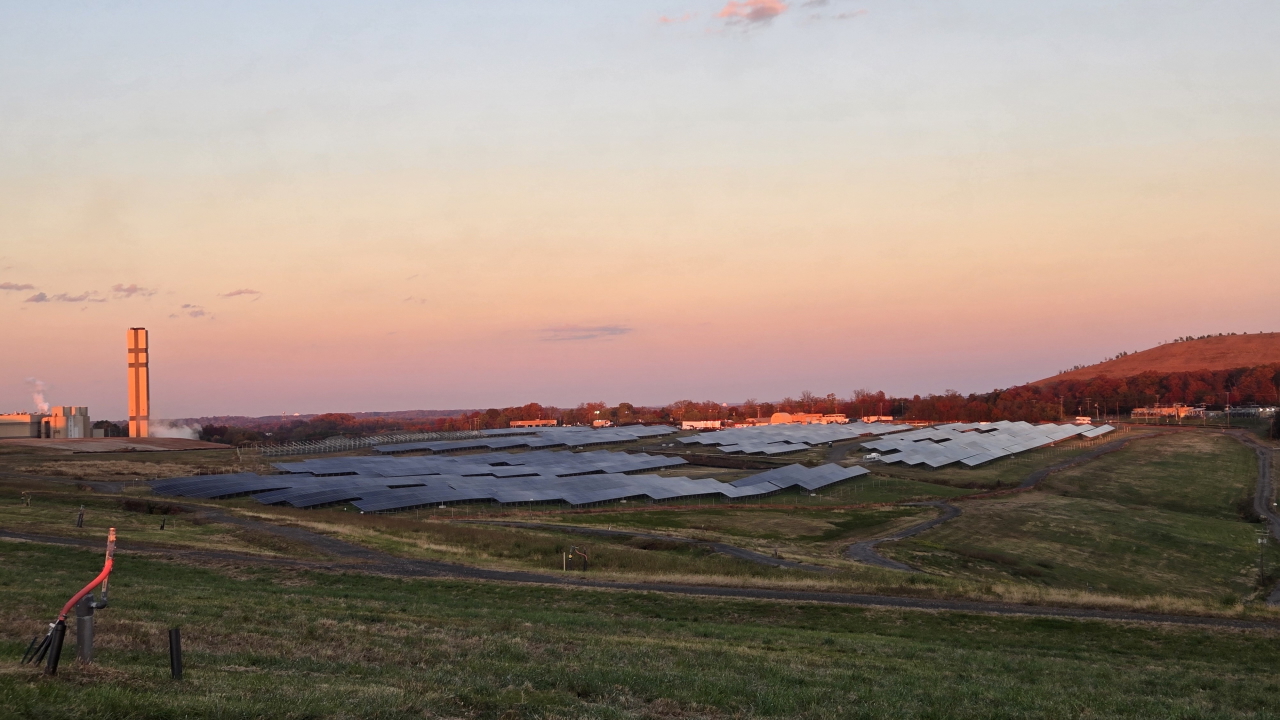From the Army to Solar
Download resource
From the Army to Solar

My interest in clean energy began far from business school on the island of Oahu. The sun in Hawaii is an incredible force. Anyone who has been to the islands can attest to this fact. It powers homes, generates rainbows, and is constantly tanning the throngs of tourists and locals who flock to the sand and surf. It can also be oppressively hot, especially in an Army uniform, as Soldiers slog through steamy jungle training or conduct maneuvers on lava fields with little shade to provide respite from the rays. As I sat outside our Operations Center on Oahu’s North Shore during one such training event, I still could not understand what I was watching, though I had seen it countless times. When the Army goes to the field, it brings everything it needs. Food. Water. Weapons. Fuel. Lots of fuel in fact. JP-8, the Army’s standard fuel, is used much the same way it was decades ago, mostly by Soldiers armed with plastic 5-gallon fuel cans filling diesel generators. This long march of Soldiers filling fuel cans and hauling them back to their respective areas was what I still could not understand. In the last 40 years, the technological advancements in the Army have been incredible, yet here we sat with a fuel source and distribution system that looks like it belongs to MacArthur’s Army and not our modern-day force. Why haven’t we adopted technologies to harness cleaner, more abundant fuel sources? Wouldn’t the ability to generate renewable power give the Army greater flexibility and security, as well as provide benefits to the environment? Looking back on my decision to leave the Army and pursue my MBA at Harvard Business School, these were some of the questions I could not get out of my head. It was the answer to these questions, coupled with my search for a close knit, mission driven organization that led me to my summer internship in the solar finance industry with Madison Energy Investments. As my first foray into the private sector, my summer internship at Madison has been an eye-opening experience. Madison prides itself on its ethos of Certainty, Speed and Trust and hearing these words on day one, I have to say I was a bit nervous. I quickly realized, however, that even though I lacked specific solar experience, this internship would provide me an environment to learn and grow through a combination of individual research, intern team project work, and mentorship from an incredibly capable group of solar professionals. I have been extremely fortunate to work on diverse subjects, ranging from individual solar project valuations to understanding market opportunities in the growing storage sector, with the Madison team providing guidance and input along the way. While having a virtual internship has presented challenges, I have used Madison’s three guiding principles, coupled with my Army experiences, as a building block for growth. Certainty is important in everything from project finance to operations and asset management and comes with extensive experience and knowledge. As an Army officer, you are expected to contribute to the team you are on in any capacity that you are able. This is the mentality I try to bring every day, whether researching Renewable Energy Credit policy in varying states or understanding how Madison uses drone imaging to ensure reliable generation at operating assets. Speed, specifically in analysis and decision making, is something that I am very comfortable with and Madison’s lean team and cross functional approach makes it an ideal organization to move quickly. I have thoroughly enjoyed the pace of projects during a time when so many internships have been watered down due to the impacts of COVID. Lastly, building trust, both inside and outside of the organization, is imperative to success. Whether it is partnering with another nation’s military or finding an EPC that understands the local landscape, it is vital to build trust within your organization’s ecosystem. Over the last six weeks, my internship at Madison has allowed me to glimpse into the world of distributed solar. Working in a fragmented market, with thousands of potential customers, hundreds of local development partners and constantly changing local, state and federal regulations, MEI and its talented intern class have made this experience incredibly rewarding. I look forward to bringing my new experiences and knowledge into my second year of business school and making an impact in the world of renewable energy.


